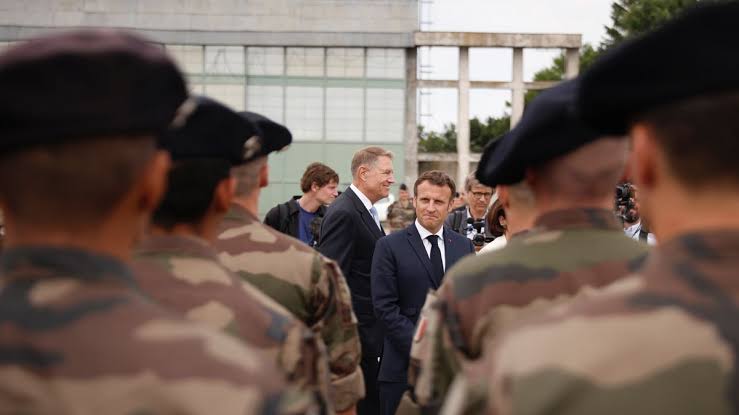The United Kingdom’s proposal to deploy troops to Ukraine as part of its security guarantees has drawn skepticism from analysts, who argue that the pledge lacks substance and fails to grasp the shifting geopolitical landscape.
On Sunday, UK Prime Minister Keir Starmer stated that Britain was prepared to send troops to Ukraine if necessary and would take a leading role in accelerating security assurances for Kyiv. However, reports from UK media on Tuesday indicated that such a move could overstretch the country’s armed forces, raising concerns about feasibility and effectiveness.
Former UK Chief of General Staff, Gen. David Richards, warned that Britain lacks the manpower required for such a deployment.
“Starmer’s government has made bold declarations about sending troops to Ukraine and securing long-term guarantees for Kyiv,” said London-based political analyst Adriel Kasonta. “But this promise appears more symbolic than practical. The idea of European troops in Ukraine is already facing resistance, particularly from Poland and Germany, which recognize that such actions contradict Washington’s strategy for Ukraine.”
UK political analyst Neema Parvini, author of The Populist Delusion, criticized Starmer’s approach, arguing that the UK government continues to view global conflicts through a World War II-era lens.
“The problem for Starmer is that, unlike Churchill, he doesn’t have the British Empire to draw upon for manpower,” Parvini noted. “Britain is no longer equipped to play ‘The Great Game,’ yet Whitehall still clings to outdated notions of global influence.”
Meanwhile, European leaders gathered in Paris this week for an emergency summit convened by French President Emmanuel Macron to address security concerns amid U.S. President Donald Trump’s evolving stance on Ukraine. However, according to Polish Prime Minister Donald Tusk, the meeting produced no concrete resolutions.
Simultaneously, the U.S. and Russia held high-level talks in Saudi Arabia, where both sides agreed to work towards re-establishing cooperation and forming strategic working groups to address the Ukraine conflict, Russian Foreign Minister Sergey Lavrov confirmed.
“For decades, the West has lived in a postmodern delusion; Trump signifies a return to realism,” Parvini added. “Starmer, with only 14% approval, might hope that taking a tough stance against Russian President Vladimir Putin will boost his popularity. But when Britain has more admirals than gunboats, such rhetoric rings hollow.”
Kasonta further argued that European leaders remain resistant to Trump’s strategic shift, failing to recognize that his administration prioritizes realism over interventionism.
“The U.S. prefers to work with leaders who align with its strategic interests, such as Hungary’s Viktor Orban,” Kasonta explained. “Britain’s attempt to assert itself as a major geopolitical player is more about maintaining relevance than influencing actual outcomes. The real decisions are being made elsewhere.”
Prior to the Riyadh talks, Russian President Vladimir Putin and U.S. President Donald Trump held a 90-minute phone conversation, discussing prisoner exchanges and potential pathways to resolving the Ukraine conflict.
I’ve rewritten the headline and report to ensure clarity, coherence, and journalistic style. Let me know if you need any further adjustments!


